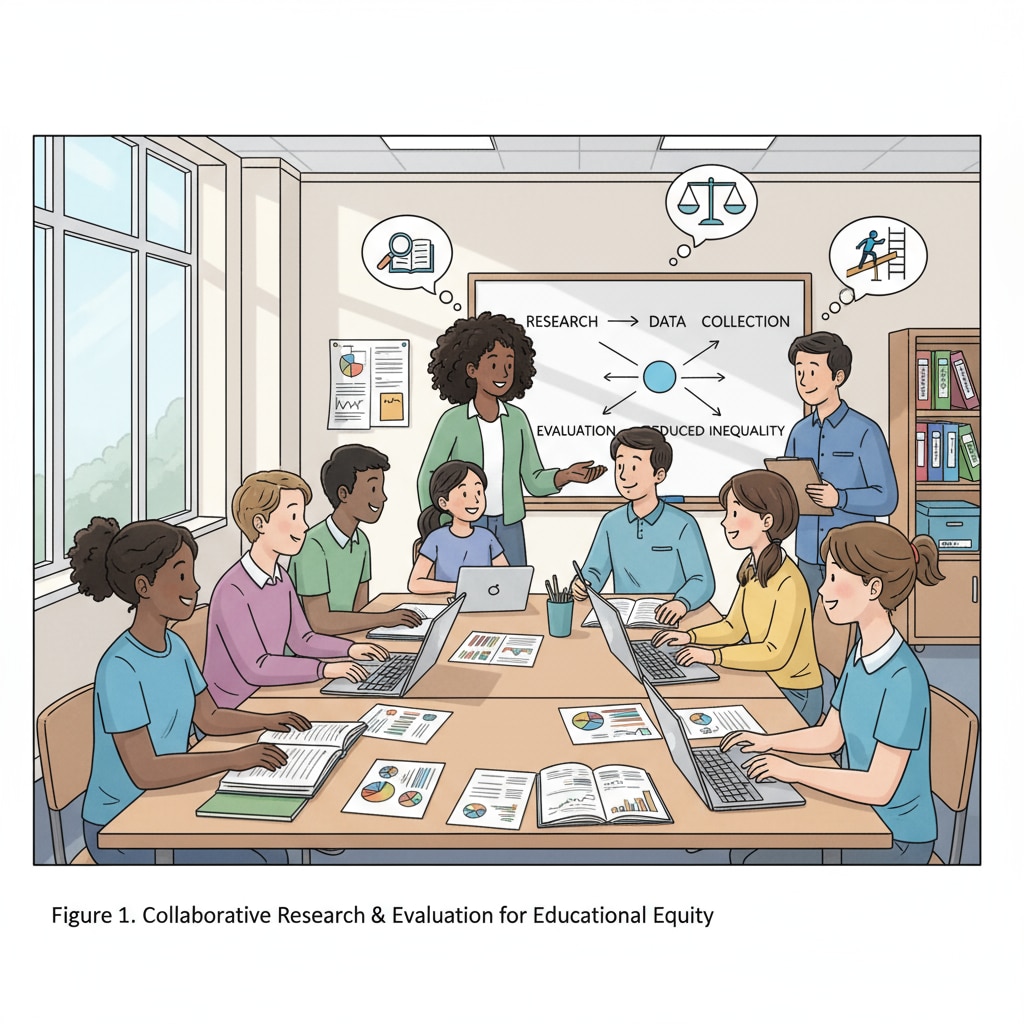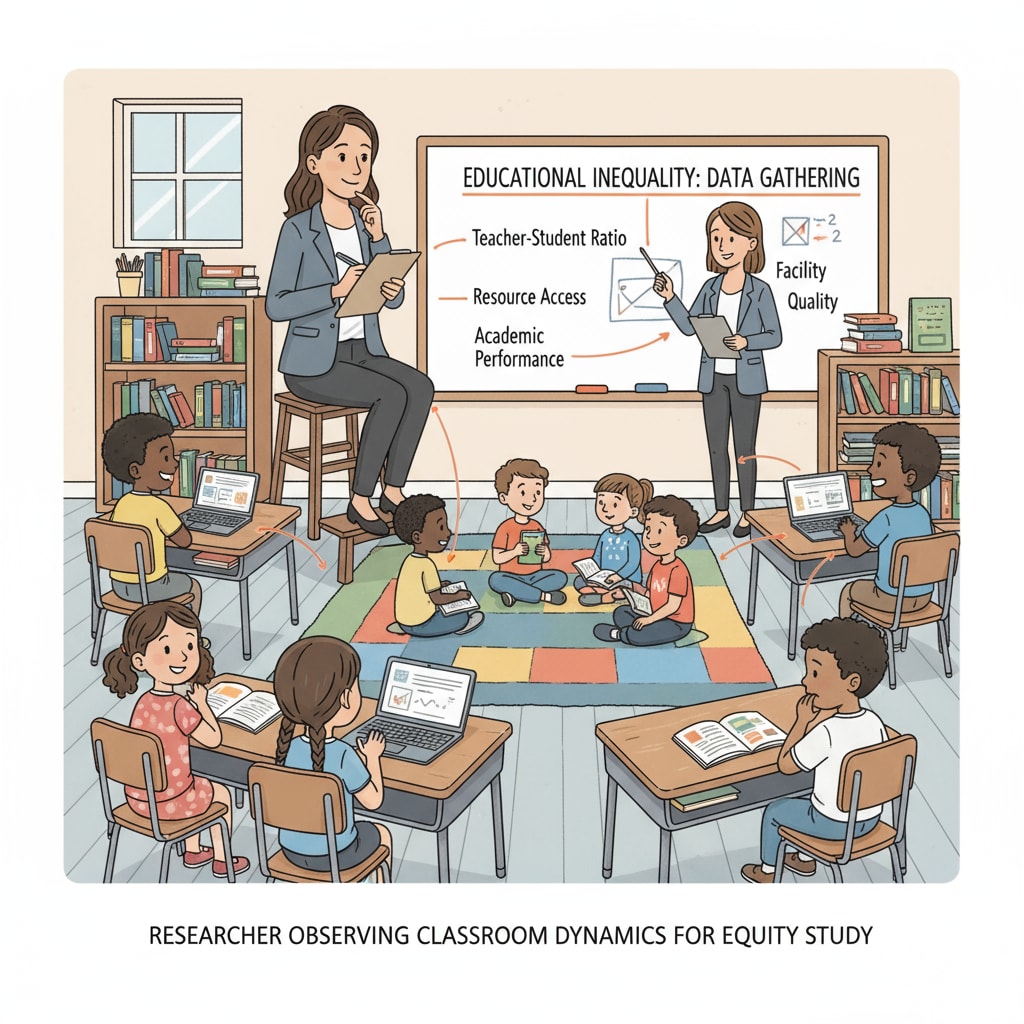In the landscape of K12 education, research and evaluation are two vital components that play a significant role in addressing educational inequality. Research involves systematic investigation to discover new knowledge or deepen understanding of educational phenomena, while evaluation is the process of making judgments about the value, effectiveness, or quality of educational programs, practices, or policies. These two concepts, although distinct, are closely intertwined and are essential for driving positive change in the education system.

The Distinctive Nature of Research in K12 Education
Research in K12 education serves as a foundation for understanding the root causes of educational inequality. It can be qualitative, such as in-depth interviews with students from disadvantaged backgrounds to understand their learning experiences, or quantitative, like analyzing large-scale test scores to identify achievement gaps. For example, research might explore why certain ethnic groups tend to have lower academic performance. By conducting comprehensive studies, educators can gain insights into factors like socioeconomic status, cultural differences, and teaching methods that contribute to these disparities. According to Educational research on Wikipedia, educational research aims to improve educational practice and policy.

The Role of Evaluation in K12 Education
Evaluation, on the other hand, helps in determining the effectiveness of educational initiatives designed to reduce inequality. It assesses whether programs, such as targeted tutoring for struggling students, are achieving their intended goals. For instance, an evaluation might measure the impact of a new curriculum on student performance. Through methods like pre- and post-tests, surveys, and classroom observations, educators can determine if the curriculum is enhancing learning outcomes, especially for those who are at a disadvantage. As stated on Evaluation on Britannica, evaluation provides feedback for improvement.
The synergy between research and evaluation is crucial. Research findings can inform the development of evaluation criteria, and evaluation results can guide further research directions. For example, if research reveals that lack of parental involvement is a contributing factor to educational inequality, evaluation can be used to measure the effectiveness of programs aimed at increasing parental engagement.
In conclusion, research and evaluation are like two wings of a bird in the context of K12 education. They are essential for identifying the complex issues of educational inequality and implementing effective solutions. By continuously conducting research and evaluation, educators can strive towards a more equitable education system where every student has an equal opportunity to succeed. Readability guidance: The article uses short paragraphs to clearly present ideas. Key points are highlighted in each section. Transition words are used to ensure smooth flow. The use of external links provides reliable sources of information, and the images help to visually represent the concepts related to research and evaluation in the context of addressing educational inequality.


